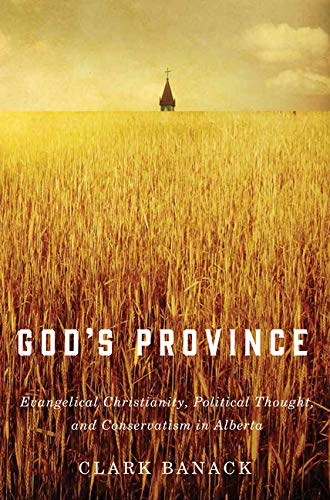
(And to state the obvious: looking at Alberta through the eyes of Joe is wrought with issues intersectionality. It helps us understand why, for instance, the government fails to see the #shecession as a problem, let alone one worth solving.)
Or why they feel emboldened to hire curriculum advisors that seek to whitewash Alberta history, to create a War Room, to take on doctors & fill ICUs during a pandemic... Put simply: the UCP doesn't think Joe Albertan cares about those issues more than jobs and the economy. #ableg
The thing is: our research shows that Joe is not the median Albertan voter. Joe is who we think the average Albertan is. But he is not an aggregation of Albertan attitudes. He's a myth.
Earlier today, I suggested political cultures shift when the underlying values fail to adequately deal with existential threats to the community (e.g., when neo-liberalism struggles to solve the pandemic collective action problem.
Another theory suggests that political cultures shift when community norms fall out of step with the shifting attitudes of its members. When enough "anomalies" accumulate - e.g., enough polls suggest the public wants to move in a different direction than tradition would dictate.
It's difficult to tell when these tipping points can or will occur. But they almost always happen when a transformative event - war, famine, pandemic - throws old ways of thinking into sharper relief.
That's why we saw the Great Depression shake up Alberta political culture, eventually sending the province's values down the conservative path. And it's why many are either excited or worried about the prospects for a Great Reset following this pandemic.
(This conversation started here:
https://twitter.com/DrJaredWesley/status/1330629352149532673?s=19)
• • •
Missing some Tweet in this thread? You can try to
force a refresh




